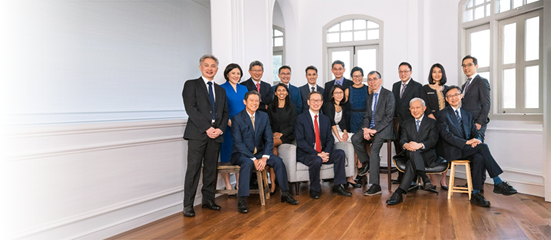| Singapore | English 中文 |
| Bangladesh | English |
| India | English |
| Indonesia | English Bahasa |
| Malaysia | English 中文 |
| Myanmar | English Burmese |
| Philippines | English |
| Sri Lanka | English |
| UAE | English Arabic |
| Vietnam | English Tiếng Việt |
Cancer Specialists
Our team of qualified cancer doctors are professional cancer specialists in Singapore who have undergone extensive training in notable oncology centres around the world. They bring with them a bank of knowledge, experience and expertise in caring for our cancer patients.

Learn About Cancer
Cancer Support
© 2025 Parkway Cancer Centre
x
![]()
